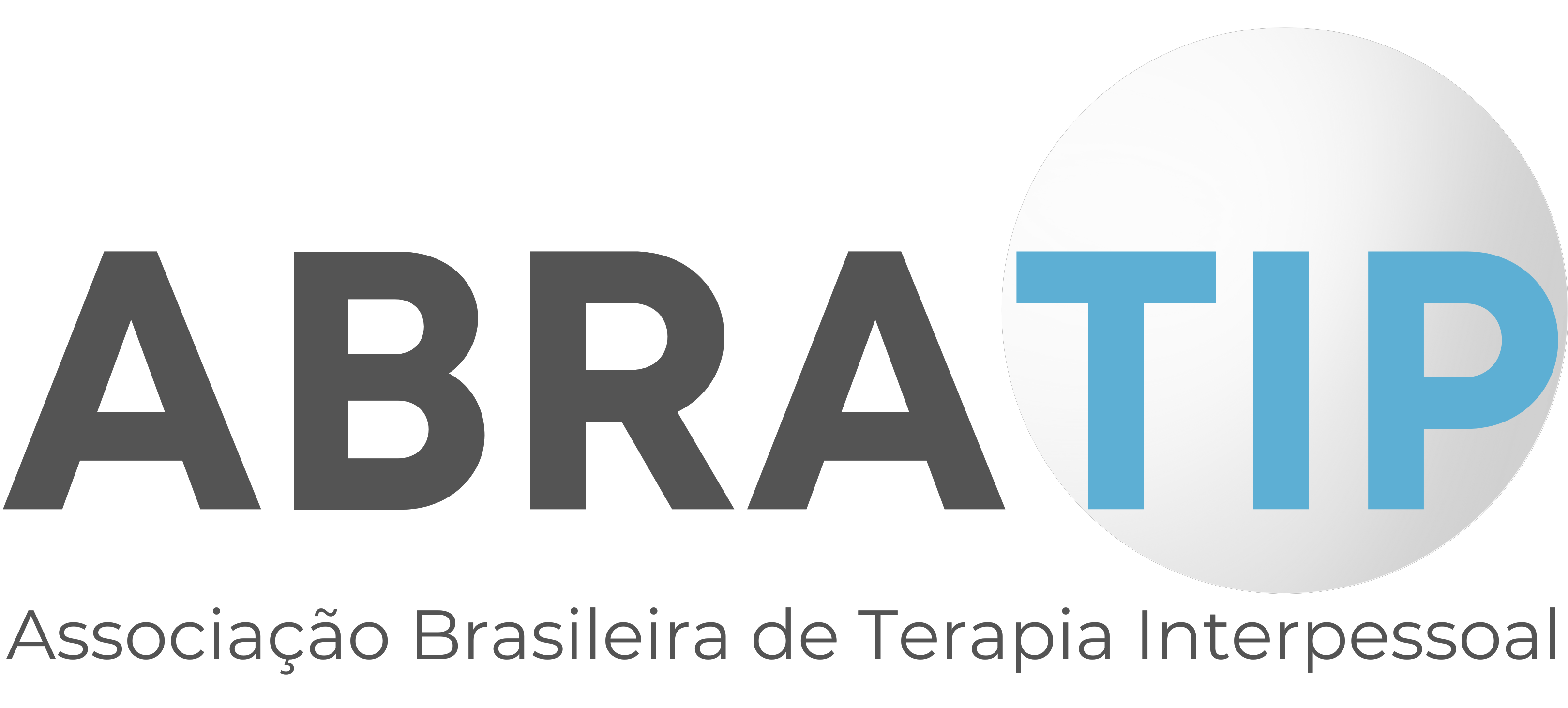Abstract
Objective—Interpersonal psychotherapy (IPT) is aimed at improving negative affect that is purported to contribute to the development and maintenance of loss-of-control (LOC) eating.
Although youth who report LOC over eating tend to consume more snack-foods than those without LOC, it is unknown if IPT impacts objective energy intake.
Methods—To test if IPT improves mood and eating in the laboratory, we examined a sample of 88 girls with LOC eating who were randomized to either IPT (n=46) or a standard-of-care health
education (HE) group program. At baseline, and 6-month (follow-up 1) and 1-year (follow-up 2) following the initiation of the groups, girls consumed lunch from a multi-item meal with an
instruction designed to model a LOC episode. Girls also reported mood state immediately before each meal.
Results—Girls in IPT experienced no significant changes in pre-meal state depressive affect, while girls in HE experienced a non-significant improvement by follow-up 1 and then returned to
baseline by follow-up 2 (p<.04). We found no significant group difference for changes in total intake relative to girls’ daily energy needs (p’s≥.25). However, IPT reduced, while HE increased, the percentage of daily energy needs consumed from snack-foods by follow-up 2 (p=.04). Withingroups, HE increased their snack food intake from follow-up 1 to follow-up 2 (p=.01).
Conclusions—In adolescent girls with LOC, IPT did not change total intake at the test meal and was associated with reduced snack-food intake. Data are required to determine if IPT effectively prevents excess weight gain in the longer-term








